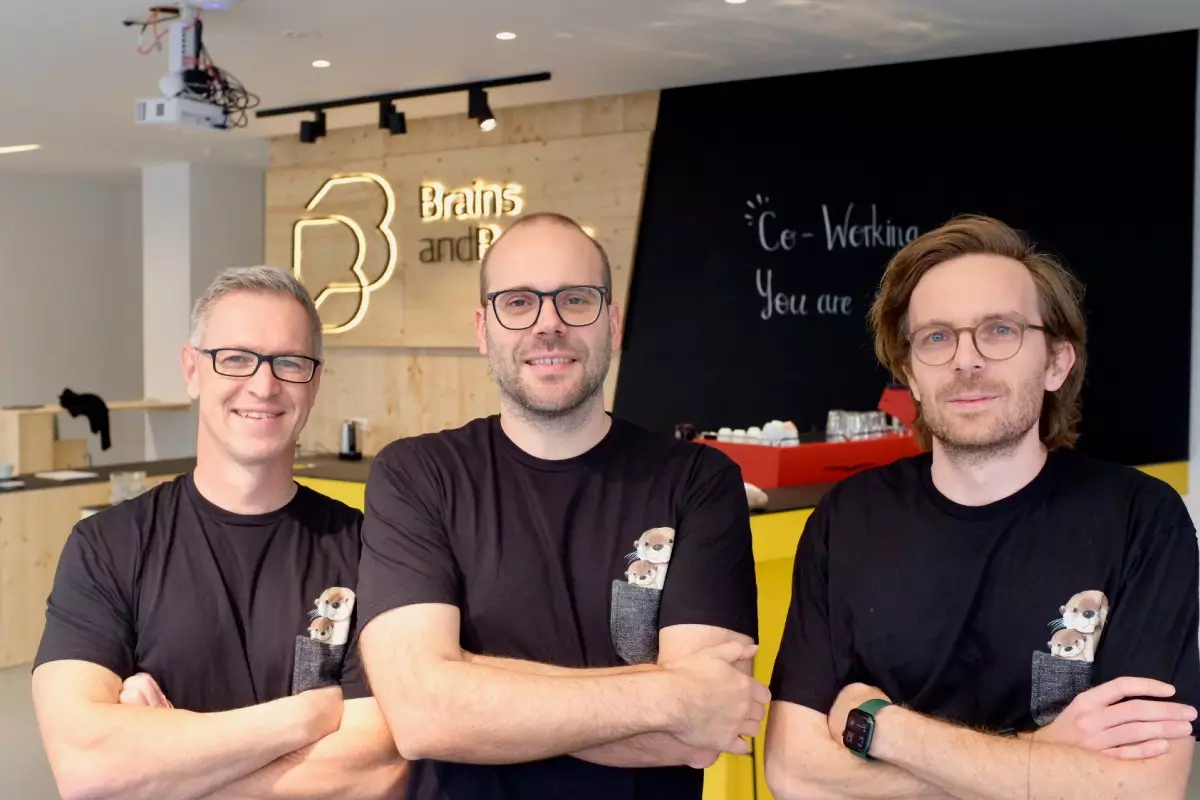In 2024, the landscape of digital marketing has undergone significant transformation, primarily due to the ascendance of artificial intelligence in search engines. As multiple companies report declines in organic traffic, it becomes apparent that traditional search methods are becoming increasingly ineffective. The change is largely attributed to AI-generated search results, leading to a phenomenon where users frequently do not engage in click-throughs. Often, when users do click, they find themselves constrained by an absence of valuable context regarding their searches. In response to these challenges, a new discipline is emerging, dubbed Generative Engine Optimization (GEO).
Generative Engine Optimization seeks to address the shifting dynamics wrought by AI in search, wherein users often receive immediate answers without leaving their search applications. This transition has redefined how brands interact with potential customers, blurring the lines of visibility in an AI-driven marketplace. Traditional SEO techniques are faltering under this new paradigm, prompting marketing teams to rethink their strategies. Many businesses are witnessing a drop in organic search visibility, illuminating the disruption that Google’s introduction of AI Overviews has caused. Such AI Overviews can create content-rich snippets that only provide the users with direct answers, effectively resulting in ‘zero-click searches.’ In such scenarios, brands may find themselves sidelined, losing out on crucial engagement opportunities.
As the need for adaptation grows more urgent, innovative solutions are emerging to help businesses reclaim their lost visibility. One notable startup, Otterly, has taken strides in harnessing AI to serve marketing teams in unprecedented ways. Led by seasoned professionals like CEO Thomas Peham, who has a background in marketing and tech, Otterly aims to provide robust dashboards for marketers to track their performance within AI-based search results. By focusing on metrics that matter in the age of AI, the platform allows companies to monitor shifts in visibility effectively. Notably, Otterly has already amassed more than 1,000 users after recently exiting stealth mode, highlighting the rising demand for tools tailored to this new search paradigm.
One of the greatest challenges facing companies in this AI-driven landscape is the opacity of the algorithms that generate these AI results. Often referred to as black boxes, large language models (LLMs) complicate the understanding of how and why certain content is favored over others. Awareness of this issue drives Otterly’s goal to introduce a recommendation engine that translates user data into actionable insights. The company is evolving its monitoring approach from a monthly to a weekly cycle, allowing marketing teams to conduct more frequent and agile experiments with their content strategies.
Peham emphasizes a crucial shift in mindset, stating that this new approach is not solely about clicks, but rather about brand visibility and positioning. Companies are encouraged to redesign their strategies around how they present themselves within AI search results, making branding equal to visibility in this new domain. This perspective reshapes the landscape of digital marketing and urges companies to reconsider their definition of success.
Otterly’s founders, including Peham and co-founders Josef Trauner and Klaus M. Schremser, leverage their combined expertise to navigate this complex territory. With a strong background in entrepreneurship and tech, their collaborative prowess offers a robust framework for growth. During this pivotal time, Otterly displays a strategic approach toward expansion, eschewing external funding in favor of building a loyal customer base.
Interestingly, there’s cautious optimism regarding potential collaborations within the industry. Peham has hinted at future partnerships with established players like Semrush and Ahrefs, suggesting that cooperation could transform the space rather than foster direct competition. By pooling expertise, Otterly seeks to become the go-to platform for AI search visibility, analogous to what these stalwarts are for traditional SEO.
As the digital marketing landscape continues to evolve, adapting to the influence of AI on search results has become paramount. Generative Engine Optimization stands at the forefront of this transformation, offering a promising direction for companies struggling with visibility in an AI-dominated environment. The challenges posed by AI call for innovative solutions and a reevaluation of marketing strategies, urging brands to amplify their presence in this new search ecosystem. The future lies in those who can deftly navigate these changes, blending traditional marketing wisdom with fresh, AI-oriented approaches.

